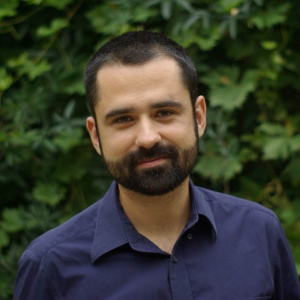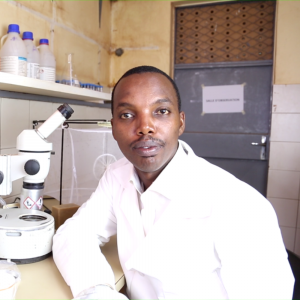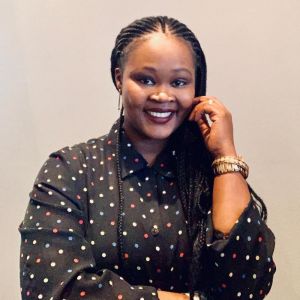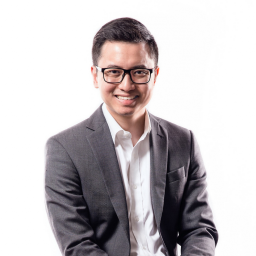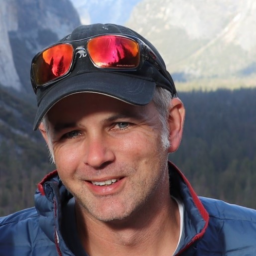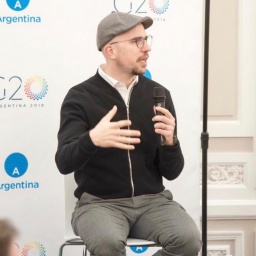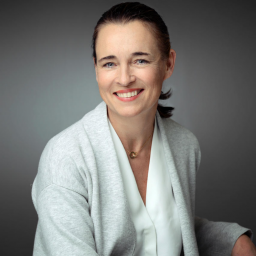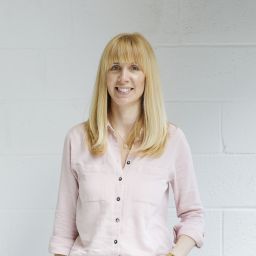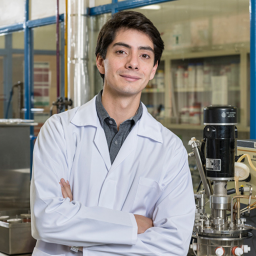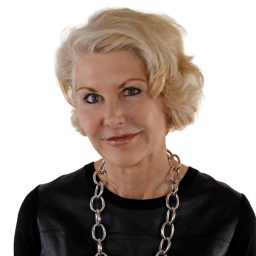Meaningful Business (MB): Can you tell us a bit about the issues you are trying to solve and why you selected them?
Michelle Hong (MH): More than 70% of the world’s population will live in cities by 2050, and this has a huge environmental and social impact for our cities. Concrete jungles replace natural habitats, and populations and citizens are increasingly compartmentalised by urban living, resulting in social isolation and loneliness. At the same time, cities are also responsible for close to 70% of the world’s carbon emissions – contributing to the climate crisis.
As city dwellers, we all can each play a part in creating a more liveable and supportive environment for our future. Here at Rooftop Republic, we envision urban farms to not only be a source of fresh, organic-grown produce, but also a platform for communities to reconnect and to build up social capital.
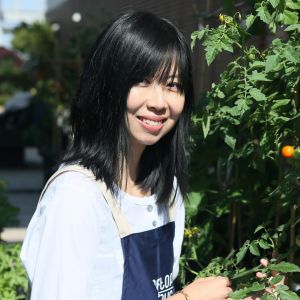
Michelle Hong, Co-Founder & COO, Rooftop Republic Urban Farming
(MB): How is your work tackling those problems and what impact are you having?
MH: Building urban farms in buildings and dense built-up areas in cities like Hong Kong through building urban and rooftop farms creates a multitude of benefits for both the environment and communities:
- Mitigating the heat island effect, resulting in less use of electricity and carbon.
- Create carbon savings through minimising long travelling times and distance – by getting people to grow and consume locally grown vegetables and fruits, the carbon footprint and food miles for a city is reduced.
- Minimising food waste ending up in the landfills – a closed loop urban farming system helps to mitigate the problem of food waste in the city, where food waste can be transformed into compost for growing vegetables.
- Encouraging biodiversity – organic farming practices that do not use chemical components also attract biodiversity in cities, creating habitats for pollinators and a multitude of plants.
Apart from the environmental benefits, our solutions deliver social benefits as well:
- Through getting people to grow their own food together, we connect disparate communities, building tenants, local farmers, NGO beneficiaries.
- Local farmers are employed to manage the urban farms and provide guidance and coaching to the corporate employees of the building, and where the organic harvest and produce are donated to needy individuals and NGOs such as food banks.
(MB): What support do you need in order to scale your business and increase your positive impact?
MH: To scale the business and impact so that every building and neighbourhood will have a farm. Currently, while there are close to 6 million square metres of farmable rooftops, less than 5% is being utilised, hence there is huge potential just in Hong Kong alone.
We hope to seek partnerships with more building owners to transform their spaces, and to also share these spaces with the community.
(MB): How do you work with partners and the wider ecosystem to achieve your mission?
MH: As an organisation with a mission to transform the spaces we live in, we partner with architects, landscape architects/designers and urban planners to provide integrated design and landscaping solutions to clients as diverse as real estate developers, building operators, schools, restaurants and residential properties. In a partnership, we are able to provide a strong value proposition that incorporates edible and organic farming elements into contemporary building and interior design.
One of our key partner groups are farmers. While their primary identity could be that of a farmer, overseeing the farmland that they operate, we invite them to partner with us at our urban farm projects as co-educators in these edible “classrooms”, sharing knowledge, experiences, techniques, stories around food, the food system, and the impact of human actions and consumption are impacting the planet. Through this partnership, we aim to inspire more people to be reconnected with their food, and to become more conscious consumers.
We have been very fortunate to partner closely with other stakeholders within the F&B ecosystem – from chefs, mixologists, restaurateurs who do their magic and turn the food into creations for their guests, but also imbue the story of the provenance of the food into the dining experience.
(MB): How do you measure success?
MH: While we keep track of our progress through quantifiable metrics such as yield, carbon savings, number of green spaces, as well as surveys to capture farming participants’ feedback on the impact to their wellbeing, it is the stories from the farmers, participants and building owners/property managers that uplift and inspire us to keep doing what we do.
Some of the stories that make the hard work and the cause worth it are:
- To have young students at the schools where we have built edible gardens, or their parents, tell us that they are eating more vegetables, because they have been part of the process of growing them, and they understand much more about where the food comes from.
- To have our participants (who come from all industries, all walks of life) feel the sense of accomplishment from growing their own food from seed to harvest, but also feel the challenging task of battling the elements, hot summers, destructive typhoons, potential harvest loss – and with that, a renewed appreciation for organic farmers, who eschews the use of chemical pesticides and fertilisers, and harness their understanding of natural eco-systems to enhance the health and productivity of their farms.
————-
Quickfire questions:
(MB): Tell us a mistake you’ve learned from
MH: Following my head instead of my heart, more often than not, led to decisions that are compromising. I’m learning to find the sweet spot of balancing between the rational side and the gut instinct, so that they do not conflict but complement each other.
(MB): How do you spend your time away from work?
MH: I love spending time in nature or in the outdoors – so you will find me either hiking in the beautiful mountains and country parks or soaking up sunshine at one of the pristine beaches in Hong Kong. I also love sports, so I enjoy a game of tennis with my friends on the weekends.
(MB): What’s the best piece of advice you’ve ever received?
MH: It can be best summed up in this quote “Progress is impossible without change, and those who cannot change their minds cannot change anything.” (attributed to George Bernard Shaw) – it constantly challenges me to revisit my assumptions, my understanding, to be open-minded and to embrace new ways to view the world around me. This has helped me in the path of my self-reflection and building up self-awareness, but also the way I view the dynamics, challenges and opportunities in my entrepreneurial journey.
(MB): What is something you wish you were better at?
MH: Many things! But to name one – I wish I was better at making Singaporean food so I can satisfy my craving for a taste of home.
(MB): What is the one book everyone should read?
MH: The Stolen Harvest by Vandana Shiva – the book captures powerfully the politicisation of one of humanity’s basic needs – food, and how the food system and social justice are very closely related.
________


